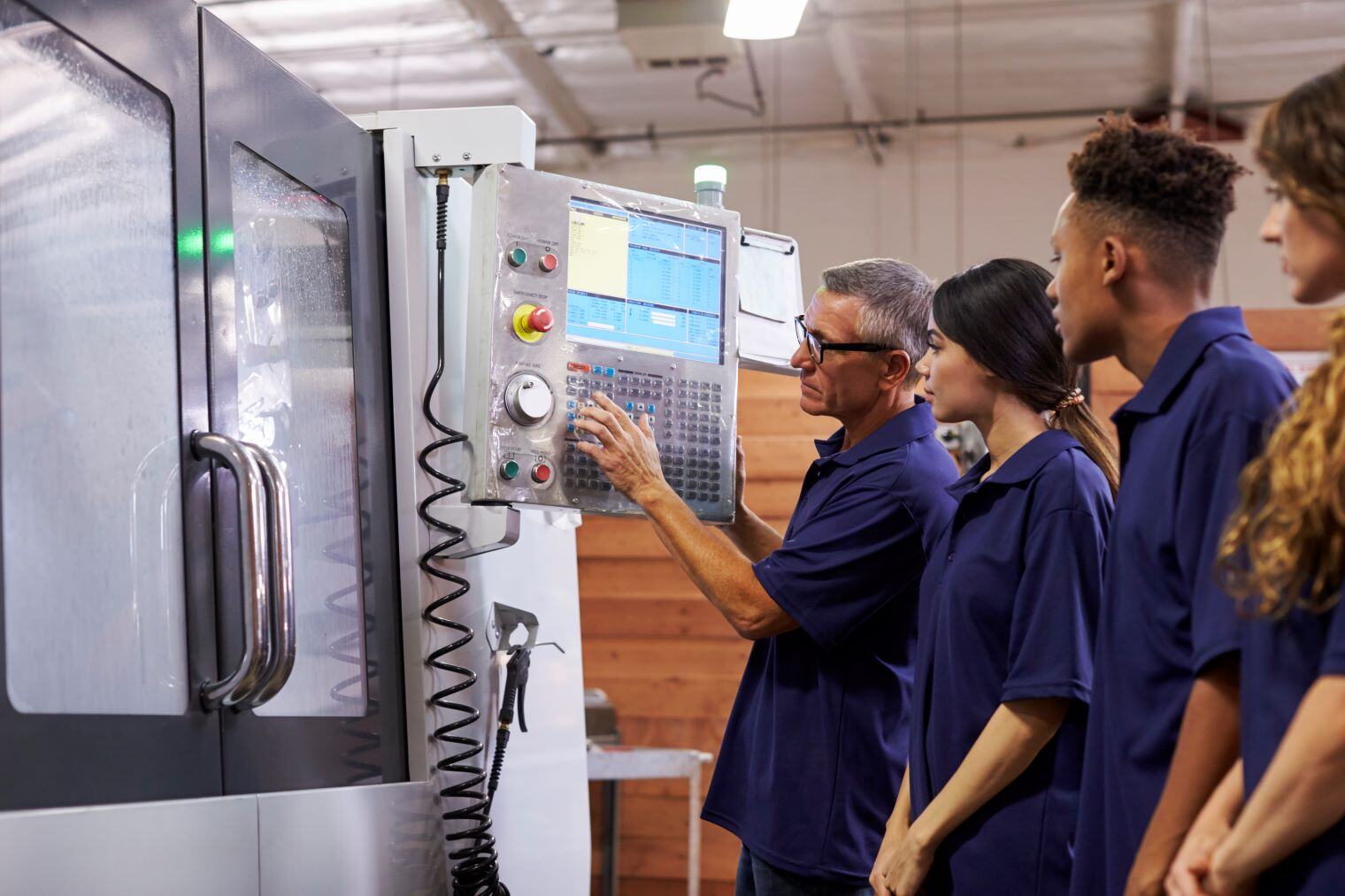Revolutionizing Recruitment: The Impact of Technology

Post Categories
Angela
In today's fast-paced world, technological advancements have permeated every aspect of our lives, and the field of recruitment is no exception. Traditional methods of sifting through paper resumes and conducting in-person interviews have evolved into a dynamic and efficient process thanks to the integration of technology. Let's delve into the transformative role technology plays in modern recruitment.
1. AI-Powered Candidate Screening:
Gone are the days of manually reviewing hundreds of resumes. Artificial Intelligence (AI) algorithms now scan resumes and applications, identifying relevant skills, experience, and qualifications. This not only saves time but also reduces human bias in the initial screening process, ensuring a more diverse pool of candidates.
2. Automated Sourcing and Matching:
Recruitment platforms powered by AI can scour the internet for potential candidates that match the job requirements. These platforms analyze social media profiles, professional networks, and other online sources to identify passive candidates who might not have applied otherwise.
3. Video Interviews and Virtual Assessments:
Geographical barriers are no longer an obstacle in the recruitment process. Video interviews and virtual assessment tools enable recruiters to evaluate candidates from around the world without the need for them to travel. This technology also provides a more comprehensive view of candidates' communication skills and personality traits.
4. Gamification and Skill Assessment:
Gamification is becoming a popular trend in recruitment, especially for assessing candidates' soft skills and problem-solving abilities. Interactive games and assessments provide insights into a candidate's decision-making process and adaptability, which are often challenging to evaluate through traditional methods.
5. Chatbots for Candidate Engagement:
Chatbots offer round-the-clock engagement with candidates, answering queries about the application process, company culture, and job details. This enhances candidate experience and ensures that potential applicants receive timely responses, even outside regular business hours.
6. Predictive Analytics for Hiring Trends:
Data-driven decision-making has gained prominence in recruitment through predictive analytics. These tools analyze historical data to predict future hiring trends, enabling organizations to proactively address skills gaps and anticipate recruitment needs.
7. Virtual Reality (VR) in Onboarding:
Once the recruitment process is complete, technology continues to play a role in onboarding. Virtual Reality can provide immersive experiences that introduce new hires to the company culture, policies, and workspace before their first day on the job.
8. Blockchain for Verified Credentials:
Blockchain technology is being explored for verifying candidates' credentials. This ensures that the information provided by candidates is accurate and tamper-proof, reducing the risk of fraudulent claims on resumes.
9. Data-Driven Diversity and Inclusion:
Technology enables recruiters to track and analyze diversity metrics, helping organizations improve their efforts toward creating more inclusive work environments.
10. Ethical Considerations and Human Touch:
While technology streamlines the recruitment process, maintaining a human touch is essential. Candidates still value personal interactions and genuine connections, so a balanced approach that combines technology with empathy is crucial.


